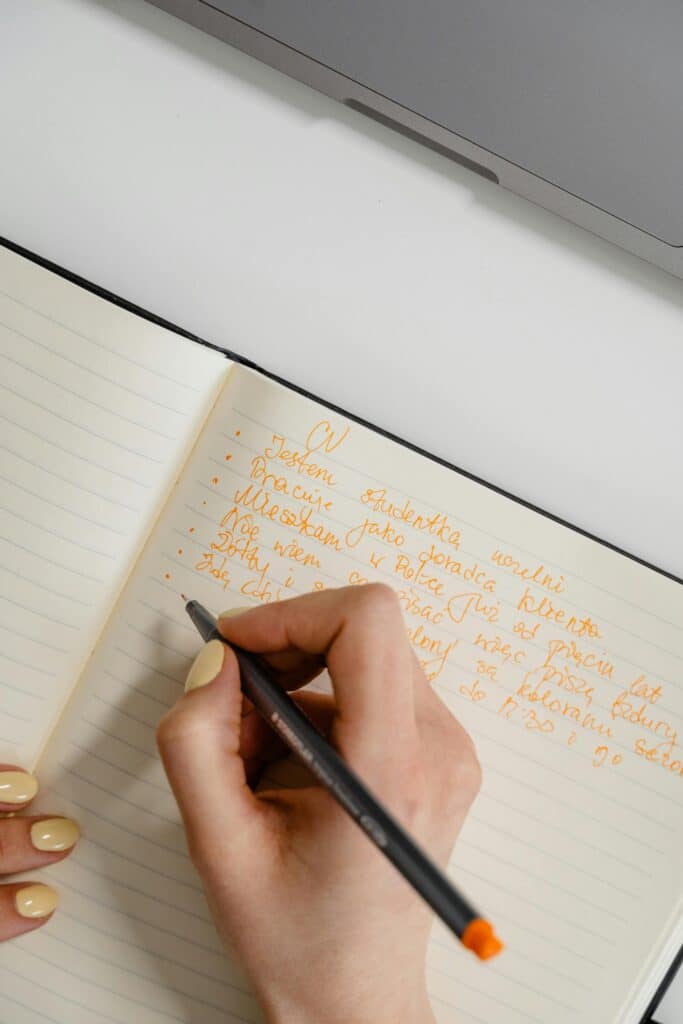Introduction
The first hour of your day often determines how the rest of it unfolds. The morning habits of highly productive people aren’t about miracles or rigid routines — they’re small, repeatable choices that protect focus, energy, and momentum. In this guide you’ll find 10 practical morning habits you can test and keep, with quick explanations and easy ways to implement them this week.
1. Wake Up at a Consistent Time (Even on Weekends)

Highly productive people treat wake time as a nonnegotiable. Consistency regulates your circadian rhythm, improves sleep quality, and reduces the fog of decision-making in the morning. If you want to shift earlier, move your alarm 10–15 minutes earlier every 3–5 days rather than making a big jump.
How to start: Pick a target time and commit to it for 14 days. Use a sunlight lamp or keep curtains slightly open for natural cueing.
2. Skip Phone Scrolling for the First 30 Minutes
The internet hijacks your attention with notifications and other people’s priorities. Productive mornings begin with your priorities. Avoid email and social media for the first 20–60 minutes to preserve mental clarity.
Practical swap: Replace the phone scroll with a quick glass of water and 5 minutes of deep breathing (see habit #4).
3. Hydrate Immediately

After hours of sleep your body is dehydrated. Drinking water first thing kick-starts metabolism and sharpens focus. Add a slice of lemon or a pinch of sea salt if you like a gentle taste and electrolytes.
Quick routine: Keep a glass of water on your bedside table and drink it before you do anything else.
4. Two-Minute Breath or Mindfulness Practice

Even a short breathing exercise reduces stress and improves attention. Try a 2–5 minute box breath: inhale 4 seconds, hold 4, exhale 4, hold 4 — repeat. This simple habit trains your nervous system and prepares you for deep work.
Resources: For longer practice pair this with journaling (see habit #7). Our Beginner’s Guide to Journaling has prompts that pair well with morning reflection.
5. Move for at Least 15–20 Minutes

Movement improves circulation, mood, and cognitive performance. It doesn’t need to be intense — a brisk walk, yoga flow, or a quick bodyweight circuit works.
Easy plan: 10 minutes of mobility + 10 minutes brisk walk = more energy and fewer midday slumps.
6. Eat a Protein-Focused Breakfast (or Fuel Strategically)

Protein stabilizes blood sugar and keeps cravings at bay. If you prefer intermittent fasting, start with hydration and movement, then schedule your first meal when it suits your energy levels.
Example breakfasts: Greek yogurt with nuts, a veggie omelet, or a quick protein smoothie.
7. Journal One Short Page (Top 3 + Gratitude)

Many highly productive people use journaling to clear mental clutter and set priorities. A micro-journal routine takes 5 minutes: write your Top 3 priorities for the day, one thing you’re grateful for, and one short reflection about how you feel.
Try this: Use the prompt — “Today I will most focus on ___. I’m grateful for ___. My ONE measurable win for today is ___.”
8. Plan a 60–90 Minute Deep Work Block
Productive people protect deep focus early in the day. After you’ve done your wake, hydrate, move, and prioritized, schedule a single uninterrupted block to handle your most important task (MIT). Use a timer (Pomodoro or similar) and close distracting tabs.
Rule of thumb: Do your MIT before low-value tasks like email or meeting
9. Use a Short “Priming” Routine (5 Minutes Visualization)
Top performers often visualize a successful outcome for the day — not as a fantasy, but as a quick mental rehearsal. Imagine finishing your MIT, feeling accomplished, and handling interruptions calmly. This primes your brain for success.
Tip: Combine priming with your journaling or mindfulness practice for a compact routine.
10. Review & Adjust Weekly
Mornings are personal — test combinations and keep what works. Productive people review their routines weekly: what energized you, what wasted time, and what to tweak. This small feedback loop keeps mornings aligned with your goals.
Simple review: Every Sunday, note three wins and one habit to drop or add
A Short Case Study (How a 25-Minute Routine Changed a Busy Week)
Anna, a freelance designer, used to start her day checking messages and felt busy but unproductive. She switched to a 25-minute routine: hydrate (1 min), 5-minute breath, 10-minute walk, 5-minute journal + top 3. In one week her average focused work time increased by an hour per day because she tackled priority work first and avoided reactive scrolling.
Conclusion
Adopting the morning habits of highly productive people isn’t about copying someone else’s routine — it’s about building a compact system that defends your attention and fuels your energy. Start with one or two habits, track them for two weeks, and gradually add more. Small, consistent changes compound into major results.
👉 Want a ready-to-use one-week morning routine template? Check our companion post on Simple Self-Care Practices You Can Do at Home for practical combos.
Frequently Asked Questions (SEO-Friendly FAQs)
Q: How many morning habits should I adopt at once?
A: Start with 1–2 habits. Consistency beats intensity. Once the new habits feel automatic, add another.
Q: What is the best time to do deep work?
A: For most people the first 60–90 minutes after morning routine is ideal — energy and willpower are highest then.
Q: Is it okay to journal at night instead of morning?
A: Yes — the key is consistency. Morning journaling helps set priorities, while night journaling is good for reflection.
Q: How long until I notice changes from a morning routine?
A: Many people notice shifts in mood and focus within 1–2 weeks of consistent practice.
